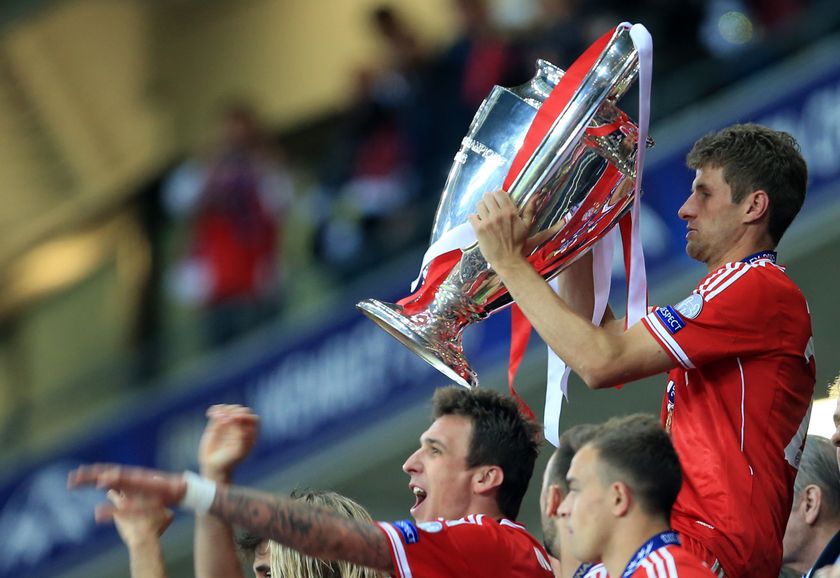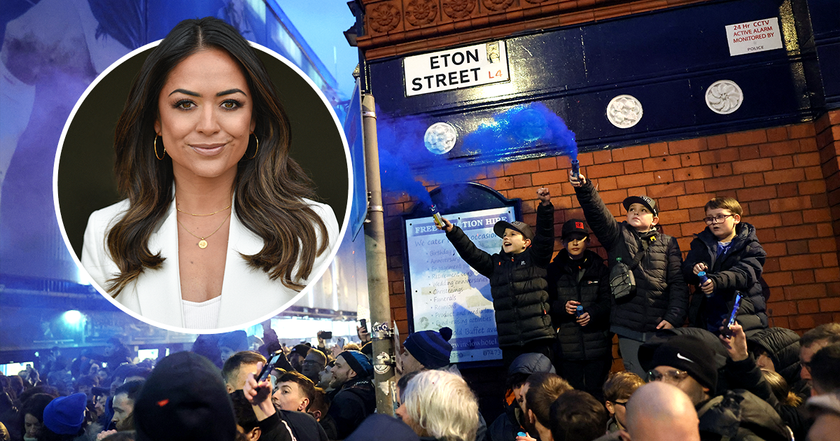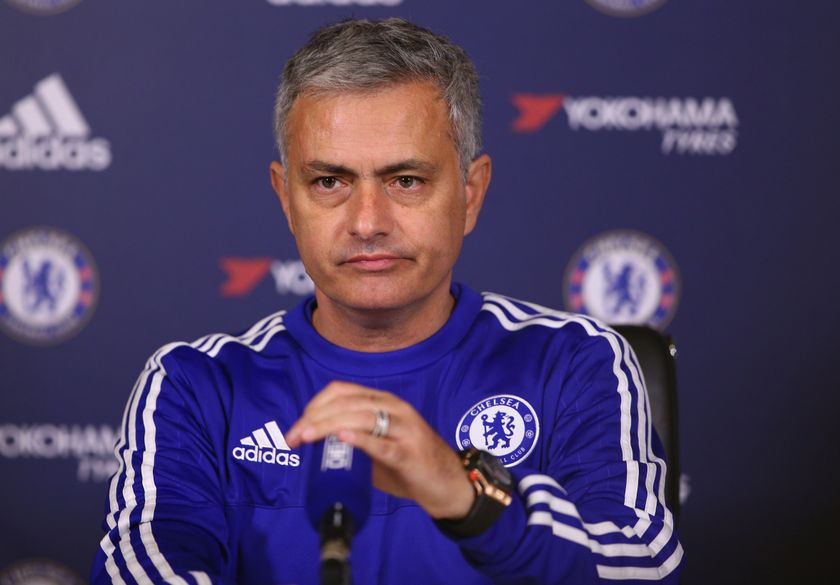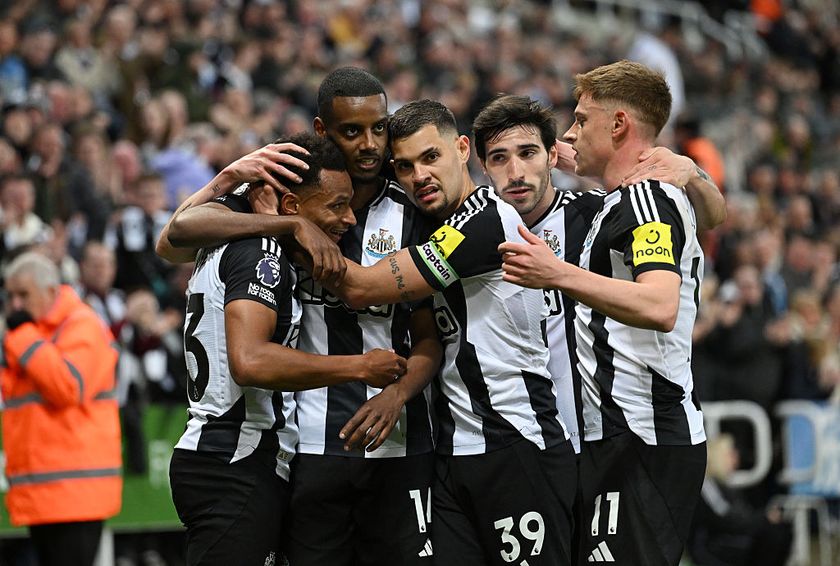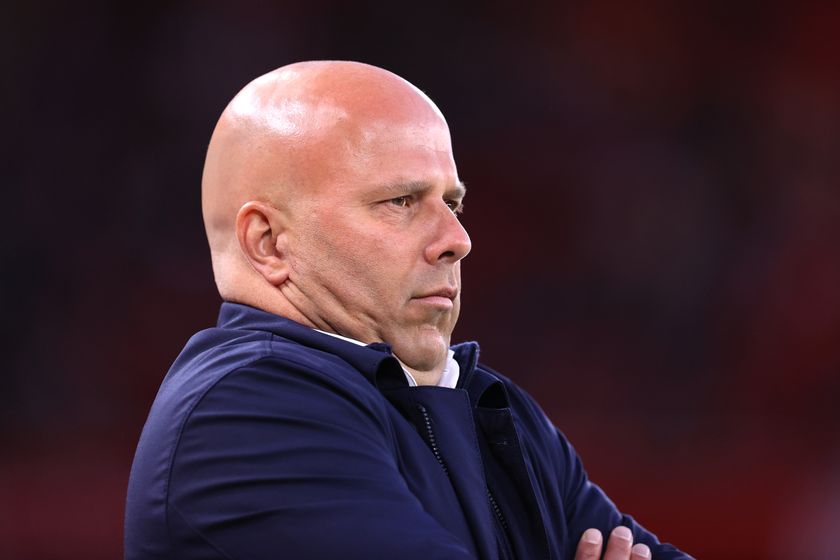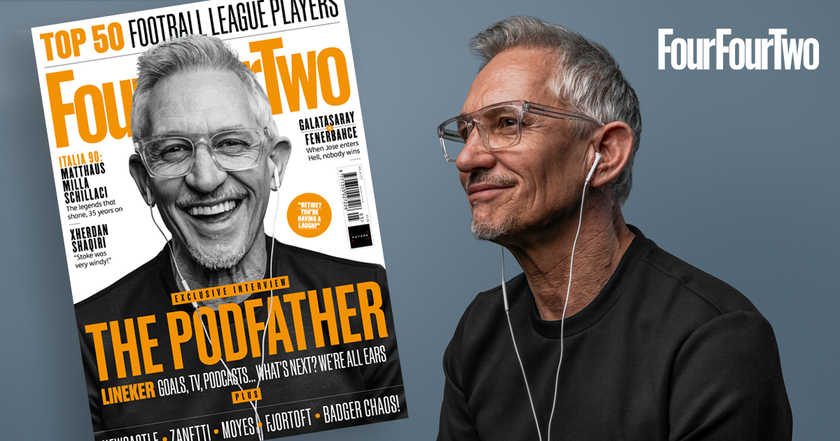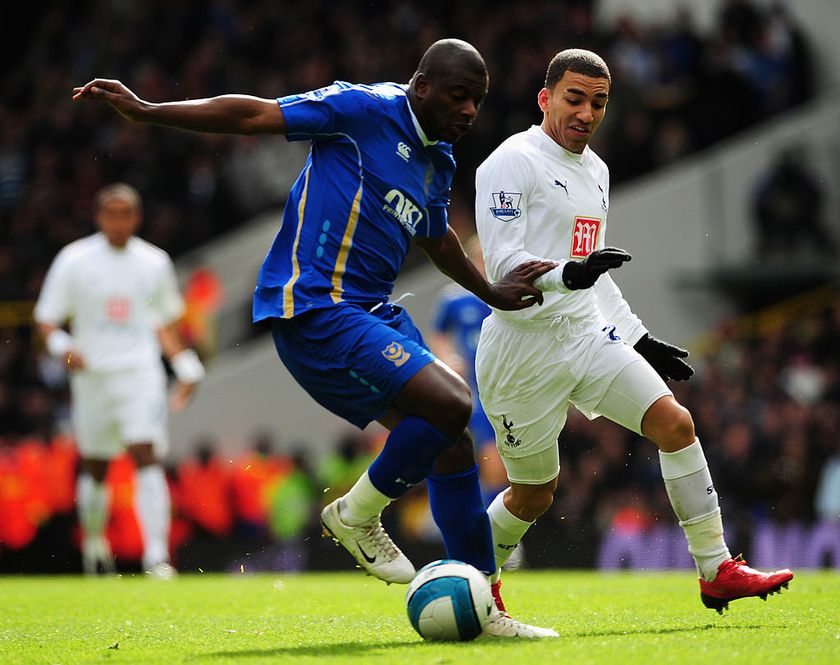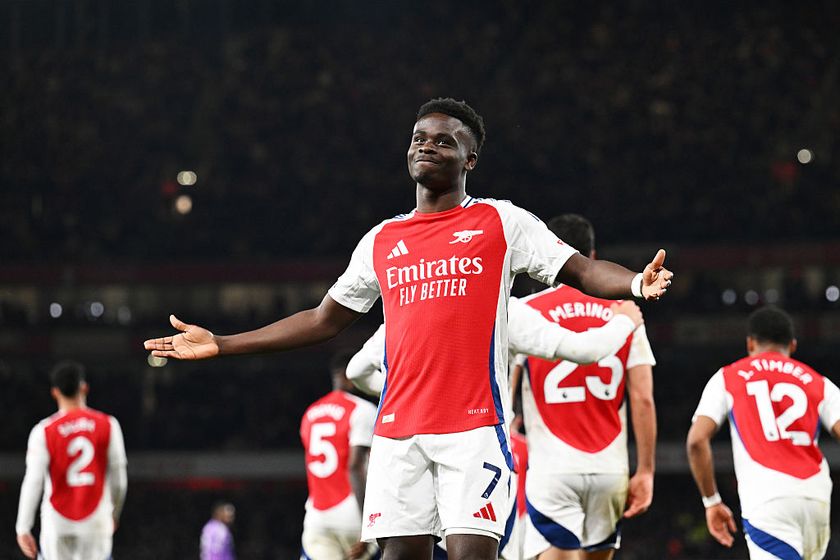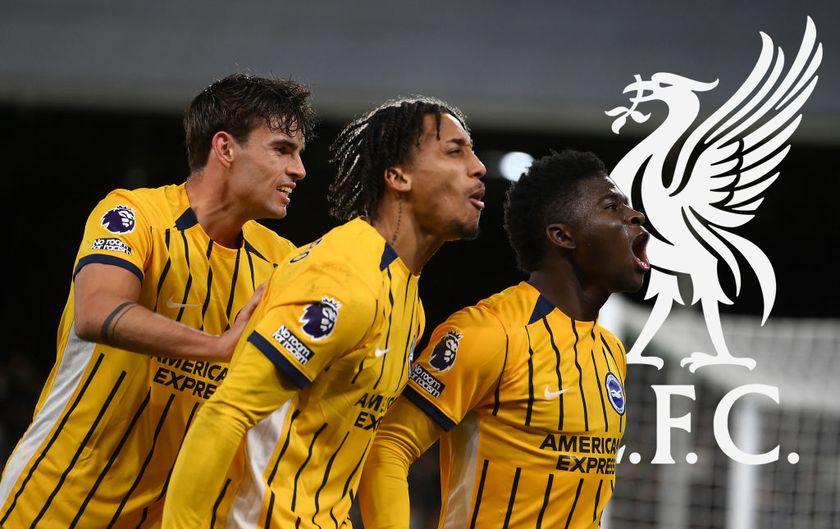England revive golden summer memories
With every determined night's work and each slice of good fortune that passes their way at Euro 2012, the England squad and their manager Roy Hodgson prompt memories of the nation's most successful team - the 'wingless wonders' of 1966.
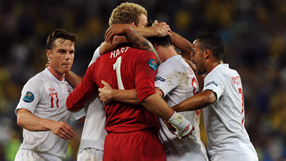
Then, as now, a team built on the foundations of a solid defence, emerged strengthened after a difficult opening group stage to prove that great heart, a clear strategy and well-prepared tactics can succeed.
As England battled to their 1-0 victory against Ukraine in Donetsk on Tuesday to set up a quarter-final with Italy, that heart - and much courageous tackling and blocking - was embodied by several men, but no more so than by Scott Parker.
The 31-year-old Tottenham Hotspur midfielder demonstrated he was prepared to hurl not only his feet, legs or body into a challenge, but also his head.
If only he had half his front teeth missing, he would already have been dubbed 'Nobby' after Nobby Stiles, who snapped at anything moving in front of England's 1966 World Cup-winning defence.
But Parker's unsung and gritty work in a defensive midfield role is only one of many examples of the similarities between the team that beat West Germany 4-2 after extra time in the World Cup final at Wembley and now.
Where the belatedly knighted England manager of 1966, Sir Alf Ramsey, had one of the world's greatest goalkeepers in Gordon Banks, his 2012 counterpart Roy Hodgson has the hugely-promising Joe Hart.
Where Ramsey had a slow, but brilliant defender, blessed with immaculate anticipation and an ability to make perfectly-timed tackles, in his captain Bobby Moore, Hodgson can refer to the less visionary but equally dependable John Terry.
Get FourFourTwo Newsletter
The best features, fun and footballing quizzes, straight to your inbox every week.
Where England, in 1966, had arguably the finest left back in the world in Ray Wilson, then at the peak of his career, now they have Ashley Cole.
It would be stretching comparisons to suggest Joleon Lescott and Glen Johnson recall memories of Jack Charlton and George Cohen, captain Steven Gerrard fills a similar role to that once occupied by Bobby Charlton, or James Milner offers even a passable imitation of Martin Peters but similarities, in positional play and style, exist.
SIMILAR INDUSTRY
Like Ramsey's men, the 2012 players have been subjugated to the needs of the team - a Ramsey doctrine, as enshrined in his approach as much as discipline and tactics.
His 4-4-2 system, without natural width supplied by 'old-fashioned' wingers, was seen as revolutionary, but remains the blueprint on which Hodgson has evolved the tactics of his 2012 quarter-finalists.
Where Alan Ball scampered and ran and ran, Ashley Young provides similar industry and a supply line to two central strikers. For Geoff Hurst and Roger Hunt, two heroes of 1966, read Danny Welbeck or Andy Carroll and Wayne Rooney.
In reserve, as before, England have a natural goalscorer from Tottenham Hotspur - Jermain Defoe in a role that was Jimmy Greaves' fate, as the 'wingless wonders' evolved and he was cast aside.
But that is not all.
Both Ramsey and Hodgson were natives of the outer reaches of London, from Dagenham and Croydon respectively, and each took the job on in his own way, despite reservations in some quarters and w
